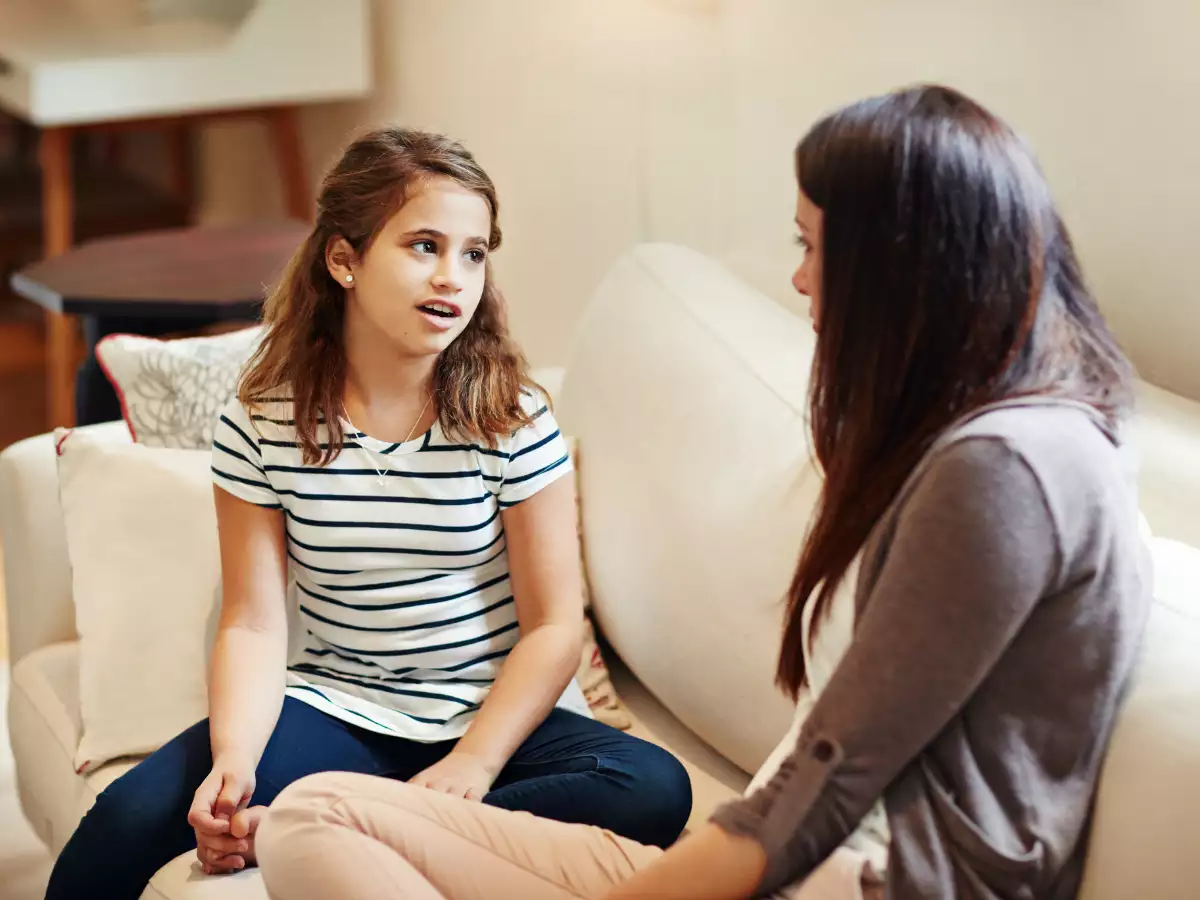If you are parents to a young child, a toddler or even a pre-teen, you might have come across the term "Positive Parenting". Despite being thrown around copiously in parenting conversations everywhere, many still have questions like WHAT is Positive Parenting, if it is effective and does my child need it. Hence we'll start with a simple definition.
Positive Parenting means raising your child with encouragement, support and learning instead of the traditional methods of rewards or reprimands for their actions. The idea is to make the child aware of the consequences of his/her actions and be mindful of their surroundings. When a child is brought up through positive parenting, he/she treats everyone with respects and follows the rules, not out of fear or greed of getting something in return, but because they understand that it is the right thing to do.
How does it work?
If you think positive parenting is all about being only “nice” to your children, even when they are in the wrong, then no, that’s not the case. The idea here is to make your child believe in you, and know that no matter, they can turn to you for advice and help. It all starts by building a strong bond of trust between the parent and the child, by accepting the child as an individual entity and respecting their aspirations and wants.
And how do you do that? It is very simple, by listening to your child. Because when you listen to the little things your child tells your today, they won’t fear or shy away from sharing even their biggest troubles and challenges with you. This helps develop a clear, open channel of communication between the parents and the child, and hence when you teach your child something, he/she learns fasters and understands better. Another important aspect of positive parenting is encouraging and recognising the efforts of your child and applaud them for doing it right.

There’s no need for a reward, a simple positive acknowledgement like “Good job on doing it” makes the child feel good and learn that which actions by them have positive and negative consequences.
But, what about discipline?
Positive Parenting busts the wrong notion that discipline in children can be enforced only through fear and punishment. When a child is made to act in line or follow some rules by threatening them of reprimand, their upset mind won’t process the actual message you as a parent want to convey and over the time you’ll lose influence over your kid.
The simple solution to this is to be gentle. Children are vulnerable and hence the need to be treated with empathy and care. Instead of scolding them or hitting them, sit them down with you, explain to them the negative effects of not doing something the right way, and assure them of the positive effects of following the rules.
Does my child need it now?
Not just the child, but the parent too need to practice Positive Parenting now more than ever. We no longer live in a traditional set up where the father goes to work and the mother stays at home to take care of the house and kids. Plus, there has been an uptick in the standard of living over the years, so even the needs and demands of the children have evolved.
With the help of Positive Parenting, you instil in your child the values of respect, empathy, understanding of right and wrong and the importance of good health. Your child grows up to be more broad-minded, and an accepting and understanding individual. He/she knows how much is enough for them and when and where to stop, no matter what it is in life. If you wish to understand positive parenting on a deeper level, follow us on our social media handles @WePositiveParenting on Instagram and We Positive Parenting on Facebook. Feel free to drop us a DM to speak to one of our parenting experts today.

